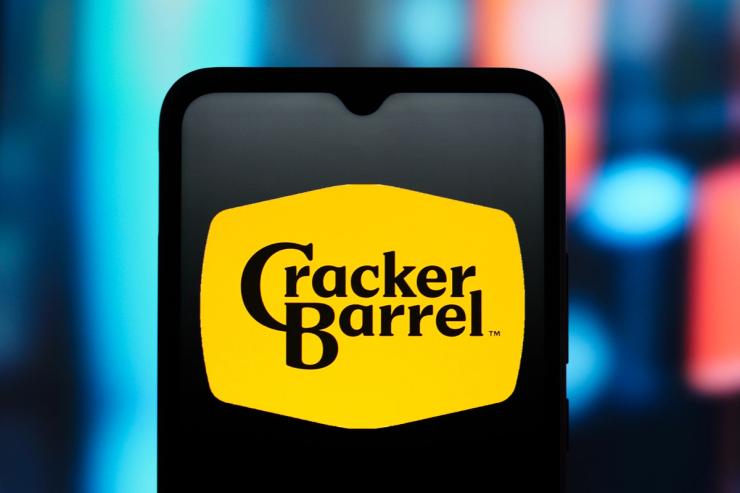Big business is as politically weak as it’s ever been, at least in modern times. But it’s also more politically salient than ever. That strange combination leaves CEOs as the focal point of cultural ire but with little of the power that made it deserving of populist outrage in the past.
Two big stories last week were Intel’s steamrolling by the Trump administration and the Cracker Barrel rebrand that ignited the right, coming as it did on the heels of the Sydney Sweeney ad that “broke woke.” Nobody has explained to me what exactly about the new Cracker Barrel logo is progressive — 19th-century Americana erasure? — but Chris Rufo is mad.
Conservatives’ desire to reclaim a national culture they feel has been lost or corrupted used to be aimed at Hollywood, but is now obsessed with font tweaks to the logos of restaurant chains with three straight years of declining profits (thus the rebrand; not everything is a conspiracy).
Populist anger aimed at corporate interests is nothing new, but usually those corporate interests are at least powerful. Today’s business community is somehow both a cultural pillar and an Inflatable Tube Man flopping around in President Donald Trump’s wind. At least when the robber barons shaped the nation’s zeitgeist they were also shaping its policy.
Companies like Intel, which even before Trump’s share grab relied heavily on government largesse, and Cracker Barrel, which needs to grab new diners, have real problems that catering to those forces won’t solve. (State-owned enterprises rarely become more competitive.) But their weakness leaves few options: The customer is always right.



